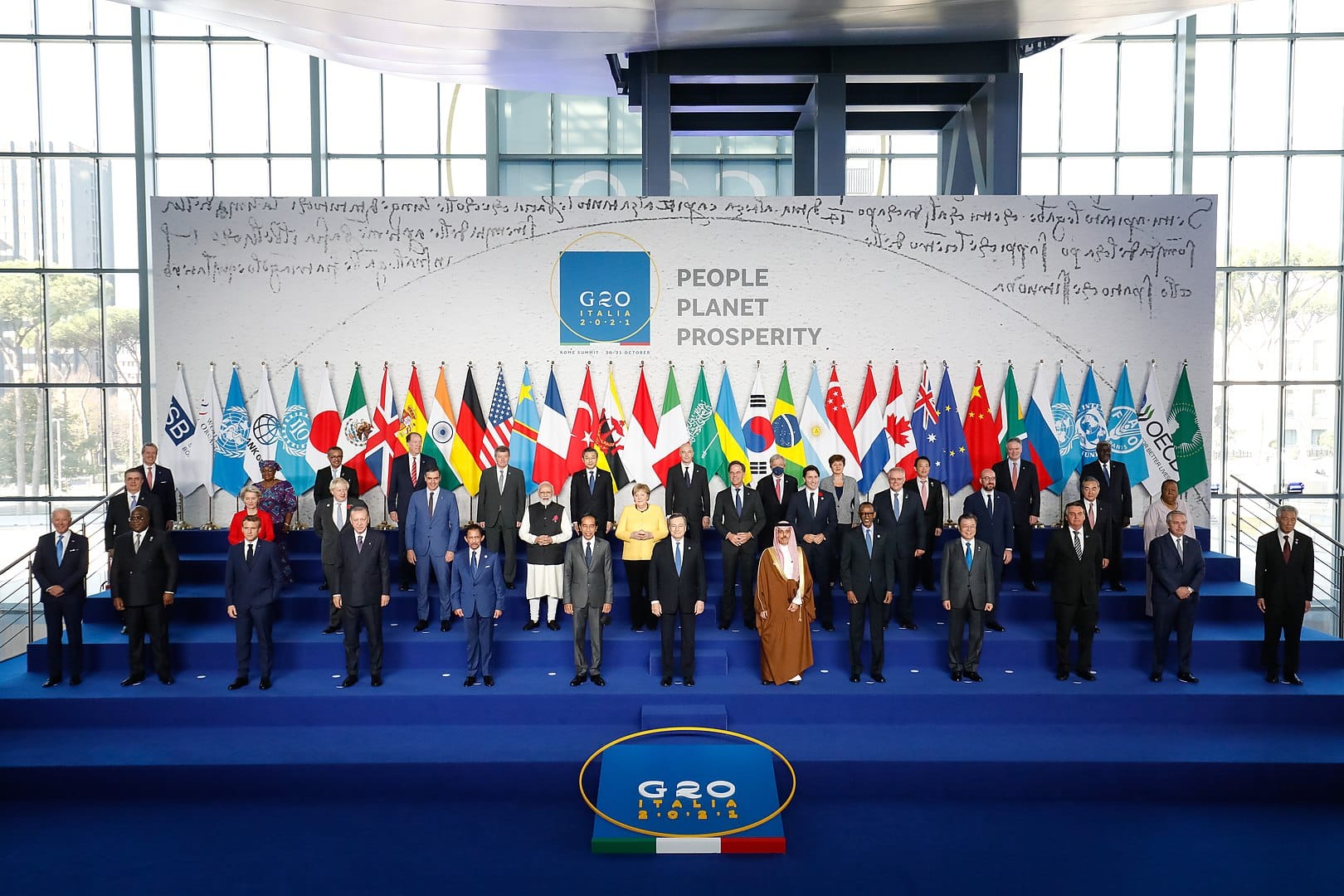 BBC News
BBC NewsBorrowing was £17.4bn last month, the second highest October figure since monthly records began in 1993.

Dinesh Dhamija
Now that the dust has settled from the Indian G20 meeting, I’m left with a generally positive impression of the event, from the hosts’ point of view.
There were three headline-making moments: the invitation to the African Union to join the group, the communique on Ukraine which didn’t mention Russia, and the introduction of ‘Bharat’ instead of ‘India’.
Africa first. I think this is a very positive step. In recent years, too many African countries have become financially indebted to China for their infrastructure or militarily indebted to Russia for their security. The latest instability on the continent, with military coups in Niger and Gabon and civil war in Somalia, underscores the need for concerted action. Otherwise there is a risk of widespread regional insecurity which would benefit nobody.
Through this act of inclusion, India’s ‘Global South’ leadership has taken on a practical edge, giving Africa a stronger voice in an important political forum. Ideally, it will encourage African nations to work more closely with one another, rather than getting further in hock to Russia and China.
For Narendra Modi, this was a key diplomatic achievement, bolstering his position as self-styled voice of the Global South and winning African friends in high places. India is already providing transformative IT services to several African nations, mirroring the Adhaar online financial network it developed at home. This G21 accession – as we should now call it – could help unlock much more of the same, setting India up as a tech partner to the continent.
On Ukraine, the communique was probably the best that could be achieved in order to keep everyone on side. Ukraine itself was the least happy party here, but then Ukraine isn’t a member of the G20 so it had to take what it was given. Optics are important here. As long as the leaders of the 20 states could return to their home countries and endorsed the message, India could say the meeting was a success. Short of expelling Russia (in which case the whole G20/21 concept falls down) there wasn’t much else they could do. India’s reputation as a catalyst for reconciliation and compromise was enhanced.
Finally, Bharat. There are plenty of optics in this debate also. It would force the entire map-making and list-publishing industry to reprint every atlas and league table. It would mean people like me would have to describe ourselves as Bharati-heritage. Does it matter very much? I suppose it’s a sign of India’s muscle-flexing, now that it has half a seat on the global top economic table and wants everyone to pay more attention.
We’ve grown used to Mumbai instead of Bombay, Chennai instead of Madras, Kolkata instead of Calcutta, so why not? There’s an anti-colonial thing going on here, which prompts people to debate the issues and that’s no bad thing. I’d like to see a referendum take place before any decision, just to be sure that a healthy majority (two-thirds?) of the country agreed with it.
The most important thing is that India is setting its own agenda, meeting with the great world powers on its own terms. For me, that’s a big step forward and much to be welcomed.
Dinesh Dhamija founded, built and sold online travel agency ebookers, before serving as a Member of the European Parliament. His latest book, The Indian Century, will be published in the Autumn.